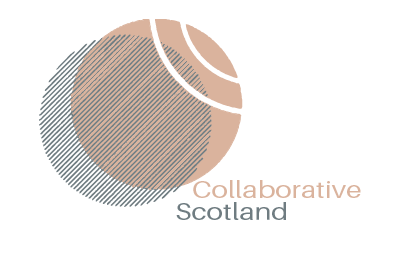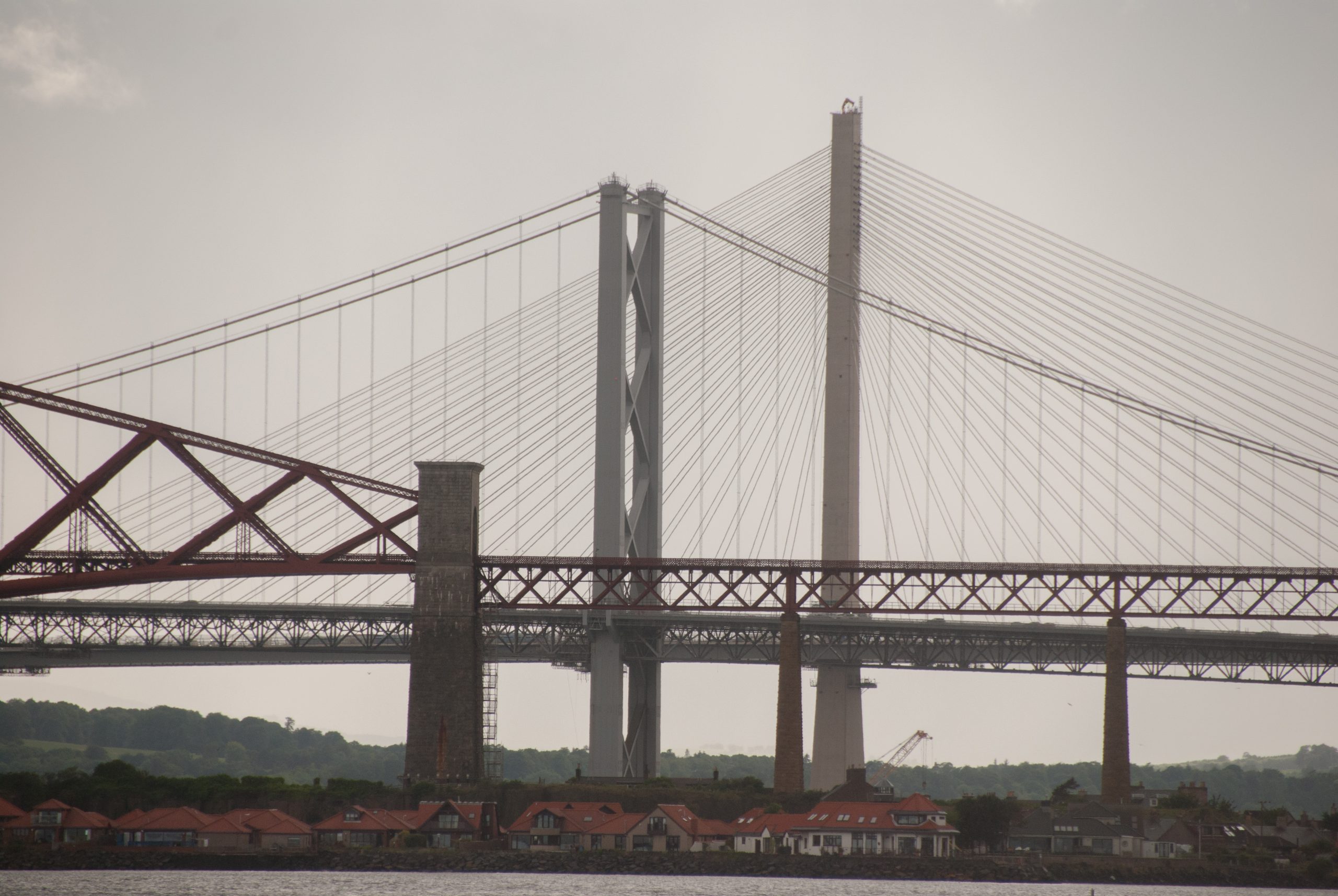One focus of activity is seeking to work with those engaged in the political process in Scotland as elected representatives and their support structure. We seek to encourage aspiration and to enhance excellent performance with an emphasis on reflection rather than criticism or holding to account. Another focus will be to work with identifiable local areas where we can plant seeds for better and more sustainable conversations on matters of local and national importance. A third role is to encourage the young generation to acquire the skills to undertake this work going forward, as potential and actual leaders.
Our experience is that, paradoxically, solutions are likely to be of better quality and more sustainable if more attention is given to the process. This necessarily implies letting go of an ability to control outcomes in a transactional sense while empowering others to flourish and experiment. Enabling and encouraging respect and courtesy does not lead inevitably to softness in addressing the difficult issues. Again, paradoxically, if done well, this encourages robustness and rigour about the issues, as people and personalities are separated from the problems themselves.
The role is a catalytic one. Peacemaking is a journey. Measuring success involves consideration of the quality and value of participation in the process rather than any policy changes which may emanate.
So, our primary role will focus on questions of process such as:
- How can we improve the quality of discussions about political matters in this country?
- How can we ensure that we have respectful conversations?
- Why does this matter?
- How can we involve as many people as possible?
- How do we ensure that different views are expressed and acknowledged?
- Why is that important?
- How can we get below the surface to identify the real concerns, needs, hopes, fears and aspirations of those involved?
- How do we break away from dualistic, binary and polarising approaches when considering important issues?
- How can we encourage and enable people to discuss ambiguity, complexity, nuance and uncertainty with confidence?
- How can we overcome fear of the other?
- How do we explore the nature of, and deepen, relationships between people who are different?
- What sort of behaviour change would we like to see?
- What skills do we need to learn to achieve these aims?
- How do we enable and encourage others?
The conversations cannot be devoid of substance and we envisage questions like these which will begin a process of engagement on substantive matters:
- What vision do we have for our community?
- What vision do we have for our country?
- What are our underlying values as a community? As a country?
- What are our opportunities?
- What kind of community or society do we wish to be?
- What kind of Scotland would we like to see?
- What matters most to us as a community?
- What changes would we like to make here?
- What one change would make a big difference to our community?
- How could we take forward these ideas?
- What specific steps do we now need to take?
- How can we make this sustainable going forward?

